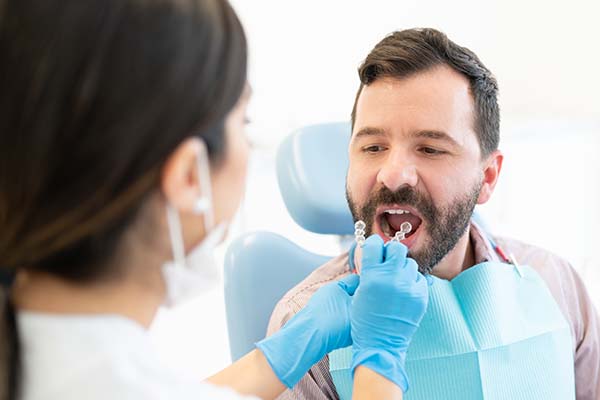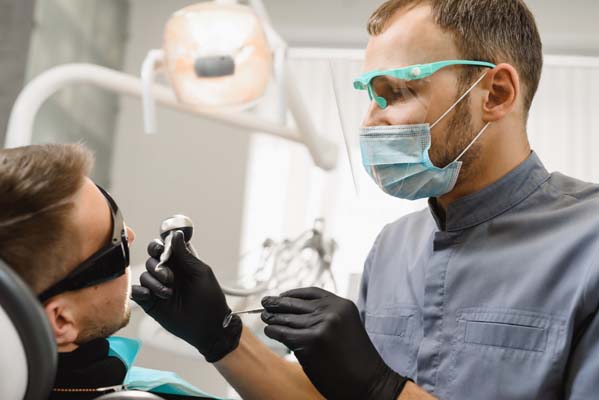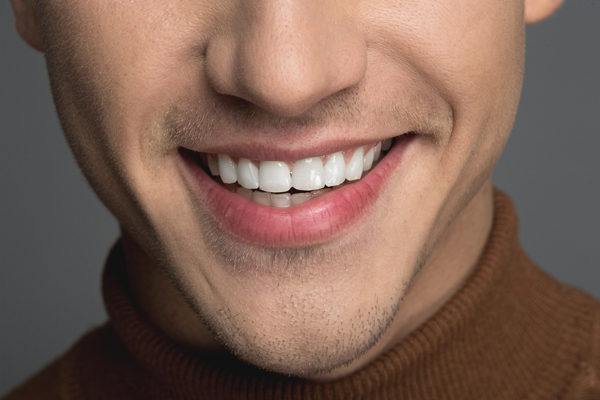 The orthodontist plays an important role in the teeth straightening process for patients. Their part consists of ensuring successful treatment, making necessary adjustments to the treatment plan, checking and detecting signs of oral health concerns, and helping with teeth straightening aftercare.
The orthodontist plays an important role in the teeth straightening process for patients. Their part consists of ensuring successful treatment, making necessary adjustments to the treatment plan, checking and detecting signs of oral health concerns, and helping with teeth straightening aftercare.
The role of the orthodontist during teeth straightening treatment
Teeth straightening is not as simple a process as it may seem. Without the help of an orthodontist, patients could run into certain roadblocks along the way that require professional orthodontic assistance. This review discusses the specific role that orthodontists play in teeth straightening treatment.
Ensure successful treatment
Teeth straightening treatment has certain complexities, and many things could go wrong. However, orthodontists are there every step of the way to ensure desirable and long-lasting results and to prevent any setbacks with the established treatment plan.
Tighten braces or provide new clear aligners
The purpose of regular visits with the orthodontist during teeth straightening treatment is to tighten braces or provide the patient with new clear aligners, depending on the type of teeth straightening treatment. This is necessary because, as teeth begin to shift into their proper position, the orthodontic devices must be switched out to continue the treatment appropriately.
Make necessary adjustments to the treatment plan
There are numerous possible setbacks that patients could face during teeth straightening treatment. An orthodontist can minimize the risk of setbacks by detecting concerns as early as possible and making the necessary adjustments to the treatment. Without monitoring from the orthodontist, many issues could otherwise go undetected and affect the timeline of teeth straightening or lead to less desirable results.
Detect any oral health concerns during treatment
Patients going through teeth straightening are often at a higher risk of developing oral health concerns. Bacteria and food particles can get trapped in the orthodontic devices (either clear aligners trays or braces) and increase the risk of teeth stains or damage to the teeth enamel. However, this is generally a slow process, and orthodontists can notice the early signs of oral health concerns and provide the necessary treatment to ensure that enamel is not harmed.
Ensure that teeth do not shift after teeth straightening treatment
One of the biggest concerns that orthodontists deal with is teeth shifting after teeth straightening treatment is complete. Since the jaw is malleable for a while after teeth shift from orthodontic treatment, there is a risk of teeth moving back to their original positions. An orthodontist can provide a retainer and monitor the aftercare process to help ensure that the results from treatment last for the long term.
Consult with our orthodontist about teeth straightening treatment
We encourage you to give us a phone call or send us a message if you are interested in braces, clear aligners, or other forms of teeth straightening treatment. Our orthodontist and staff understand how to help patients through the treatment process to get effective and efficient results.
Request an appointment or call Valley Ranch Orthodontics at 972-200-1016 for an appointment in our Irving office.
Related Posts
Having an orthodontist treat your teeth can be a long and sometimes difficult journey, but seeing the result of a perfect smile is worth it. But after your braces are removed, it is important to remember that your teeth care does not end there. To ensure that your new smile stays healthy and beautiful, a…
The first thing to do when experiencing a toothache is to assess the tooth and surrounding area. Sometimes, the reason for a toothache is obvious; other times, not so much. Depending on the cause of a toothache, seeking the help of an orthodontist may be more appropriate than a general dentist. The following article will…
Properly aligned teeth boost confidence in your smile and support good oral health. Finding an orthodontist with the skill set and experience you need is important. If you are still trying to figure out where to start, we have some advice to make your search easier. Rather than spending hours hunting for an orthodontist, you…


